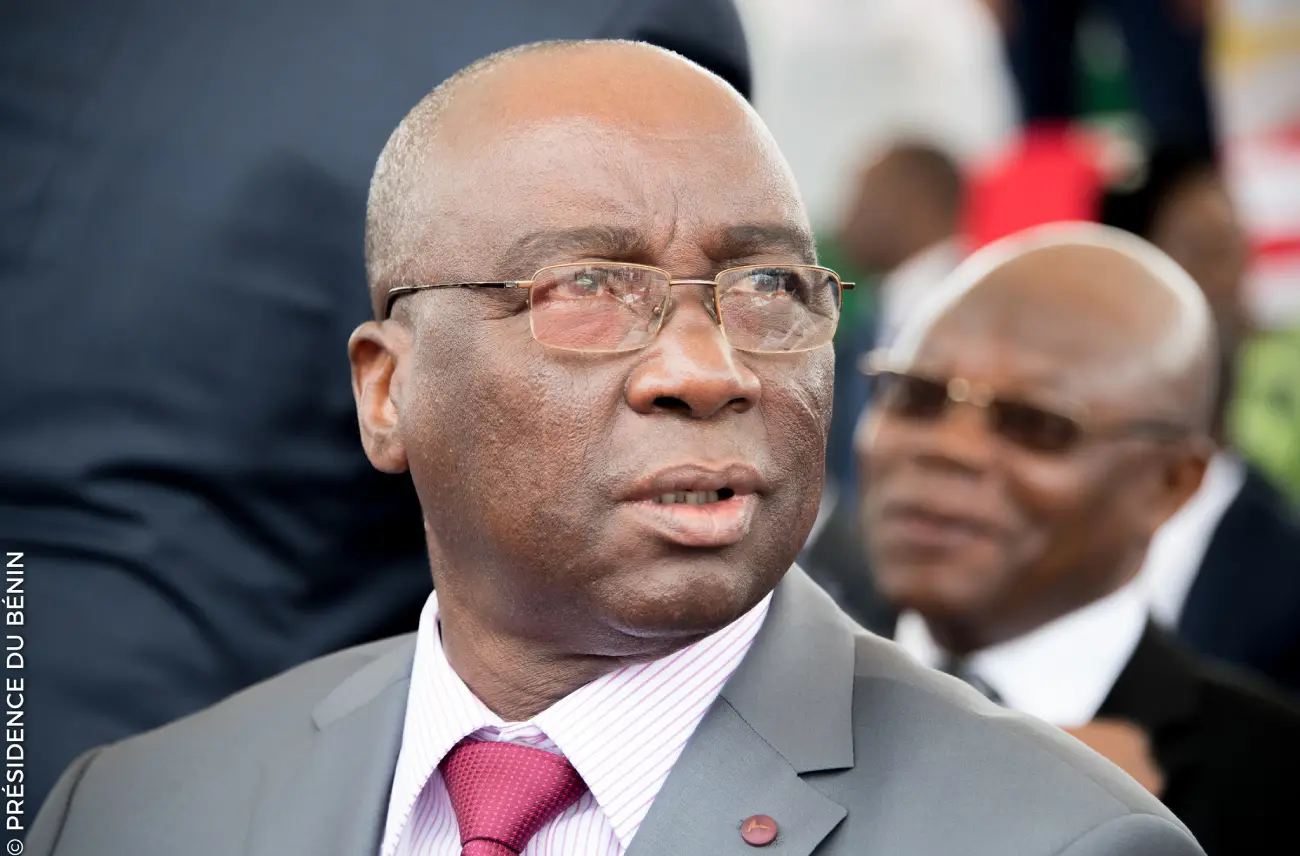Sponsorship and 2026 Presidential Election: CENA equips deputies
In preparation for the 2026 presidential election, the National Autonomous Electoral Commission (CENA) on Wednesday invited deputies for a discussion session in Cotonou. The aim: to clarify the procedure for issuing endorsement forms to candidates and to reiterate the conditions for operationalizing this mechanism provided by the Electoral Code.

SUMMARY
During the meeting, the members of CENA explained to the parliamentarians the steps related to the allocation and use of endorsement forms, which are now required for the validation of any candidacy for the presidential election. This move aims, according to the institution, to avoid misunderstandings, ensure transparency in the process, and guarantee equity among the different political actors.
By initiating this meeting, CENA intends to anticipate any uncertainties related to endorsement, which sparked passionate debates during previous elections. For the institution, it is imperative that deputies, key actors in the process, have clear and uniform information in order to fully fulfill their responsibilities.
This approach reflects the body responsible for elections’ desire to enhance citizens’ trust in the electoral process and ensure the credibility of the 2026 presidential ballot.
The Reminder of the Electoral Calendar
CENA recently published the electoral calendar and the chronograph of activities within the framework of the 2026 elections. According to the published timetable. The timetable is as follows.
November 15, 2025 – January 15, 2026: period for submitting candidacy files to CENA;
January 25, 2026: publication of the provisional list of accepted candidatures;
February 5, 2026: publication of the definitive list of candidates by the Constitutional Court;
February 15 – March 15, 2026: election campaign for the first round;
March 15, 2026: first round of presidential voting;
March 29, 2026: second round (if a runoff is necessary);
April 6, 2026: inauguration of the elected president.


Comments